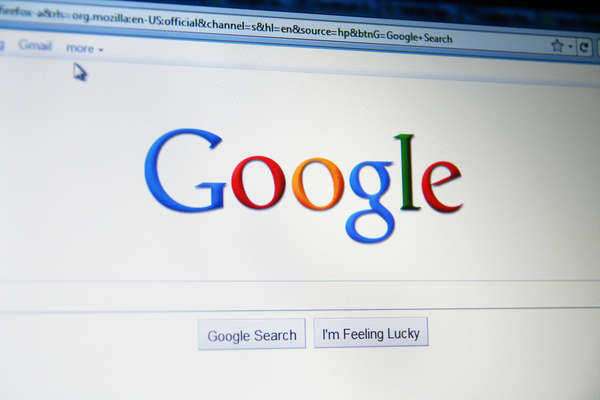Learn All About the Google Censorship Debate
Introduction to the Google Censorship Debate
The Google Censorship debate surrounds the alleged measures undertaken by the Google Corporation, who is considered to employ the most popular and utilized search engine on the Internet. A search engine is defined a program into which terms and words are entered; subsequent to their entry, the search engine will render a list of pertinent resources and websites calculated in accordance with a complex algorithm with regard to the determination of these results. The alleged subjectivity and presumed discretion assumed to exist within the search results rendered – in lieu of objective and unbiased results – has sparked a debate regarding prospective Google Censorship on the part of lobbyists.
What is the Google Censorship Debate?
The Google Censorship debate addresses acts of censorship, which include altering, adjusting, banning, or editing the search results rendered by the Google Search Engine; many consider this act of Google Censorship to be a direct result of the content and subject matter latent within specific search results media perceived to be objectionable, incendiary, illicit, or immoral by the Google Corporation. However, the nature of the Google Censorship debate varies greatly with regard to both the jurisdiction of the presumed censorship taking place, as well as the nature of the content of the search results subject to banning and censoring:
Points of the Google Censorship Debate
Opponents of Google Censorship that has presumably taken place upon the organization of search results with regard to terms entered into Google has sparked varies lobbies and standpoints; while certain groups serve as proponents of Google Censorship, others vehemently oppose the censorship of the Internet as a violation of the 1st Amendment of the Constitution – the Amendment affording the freedom of expression to all citizens of the United States. With regard to their respective regulatory measures, Google explains that censored material results from:
Media presumed to contain content agreed to be detrimental to the public wellbeing
Media presumed to contain content that in in direct violation of legislation and statutes undertaken by a particular jurisdiction
Media presumed to contain content that compromises the safety and wellbeing of the general populace
Examples of Alleged Google Censorship
The following instances have been reported as reflecting Google Censorship considered being unlawful and unethical by opponents of such censorship measures:
The Google Corporation was alleged to be working in tandem with the Chinese government with regard to the censoring of search results presumed to be objectionable for Chinese citizens
The Google Corporation was alleged to have removed search results presumed to promote specific ideas; these include websites openly criticizing the Church of Scientology, websites openly promoting Sexual Absolutism, and websites openly criticizing abortion
The Google Corporation was alleged to have removed media portraying events taking place within Egypt, as well as within the United States
Google Censorship Legality
The Google Corporation has explained that the only means of censorship employed by them involves the precepts set forth within the Digital Millennium Copyright Act of 1996 (DMCA), which prohibits measures undertaken in order to promote, engage, assist, or advance the violation of digital copyrights taking place on the Internet; this statute prevents the illegal downloading and unlawful transfer of media.
